Microsoft has publicly dismissed circulating rumors suggesting that two of America’s largest retailers, Target and Walmart, are removing Xbox consoles and games from their store shelves. The company’s official statement comes amid a wave of speculation on social media and gaming forums, where users reported finding reduced Xbox stock and fewer displays in local retail outlets.
While anecdotal evidence and viral images fueled the theory that major chains were quietly distancing themselves from Xbox, Microsoft’s clarification makes it clear: no such withdrawal is taking place.
The Rumor That Sparked the Storm
The controversy began when a Reddit user claimed that their Target location had “removed all Xbox products,” including consoles, controllers, and physical game discs. The post quickly went viral, drawing comments from users across the United States reporting similar situations — sparse Xbox shelves, fewer accessories, and missing display signage.
Within hours, the rumor snowballed across social media platforms like X (formerly Twitter), TikTok, and Discord. Some users claimed to have heard from employees that “corporate changes” were underway, while others pointed to the growing dominance of PlayStation and Nintendo Switch displays as supposed evidence that Xbox was being quietly phased out.
By Monday morning, several online commentators and YouTube personalities were amplifying the rumor, suggesting that Microsoft’s physical retail presence might be collapsing in favor of a digital-only future.
However, as the speculation spread, the evidence remained inconsistent — with many stores continuing to stock Xbox products as usual.
Microsoft Responds: ‘Our Retail Partnerships Remain Strong’
In response to mounting confusion, Microsoft released a clear statement denying that any major retailers were discontinuing Xbox merchandise. A company spokesperson emphasized that Target and Walmart remain “valued and committed retail partners” and that there are no plans to pull Xbox hardware or games from their stores.
“We continue to work closely with our retail partners to bring Xbox consoles, accessories, and games to customers everywhere,” the statement read. “Recent online speculation suggesting otherwise is inaccurate.”
This direct rebuttal effectively ended the rumor’s credibility, but it also raised important questions about why so many stores seemed to show reduced Xbox visibility in the first place.
Retail Reality: Why Some Shelves Look Empty
Although the claims of a full-scale pullout are false, there may be underlying factors behind the perceived lack of Xbox products in certain locations. Retail experts and supply chain analysts have identified several possible explanations:
- Inventory Management Cycles: Retailers frequently rotate or condense inventory space depending on demand. If Xbox products have slower turnover rates in certain regions, store managers may temporarily allocate that space to higher-performing items.
- Supply Chain Delays: Shipping issues, warehouse bottlenecks, and delayed restocks can lead to temporary stockouts. This often gives the impression that products are being phased out when, in fact, they’re simply awaiting replenishment.
- Digital Transition: A significant portion of Xbox’s sales have shifted online. With Game Pass subscriptions, digital downloads, and direct hardware purchases from Microsoft’s website increasing, physical shelf presence may naturally decline without signaling a corporate strategy shift.
- Store Layout Optimization: Some Target and Walmart locations are experimenting with smaller electronics sections, merging physical gaming products under broader “entertainment” categories. This reorganization can make it appear as if Xbox products are missing, even if they’ve simply been relocated.
- Localized Demand Differences: In areas where PlayStation or Nintendo consoles dominate, stores may stock fewer Xbox units to match sales data and optimize space efficiency.
In short, Microsoft’s presence in stores may be evolving — but it is not disappearing.
The Bigger Picture: Xbox’s Market Challenges
The rumor’s viral spread reflects broader concerns about Xbox’s market trajectory. Over the past few years, Microsoft’s gaming division has faced a mix of victories and struggles. While Game Pass has been hailed as a transformative subscription model, hardware sales have lagged behind competitors.
Recent reports show PlayStation 5 and Nintendo Switch consoles maintaining stronger brick-and-mortar visibility, particularly during high-traffic shopping periods. This visibility gap, even if rooted in regional sales performance, fuels perceptions of Xbox’s decline.
Microsoft’s recent acquisitions — including Activision Blizzard — demonstrate its commitment to gaming, but the company’s focus has clearly shifted toward a service-based ecosystem rather than pure hardware dominance. The Xbox Series X and S, though praised for performance and design, have not achieved the same retail momentum as earlier generations.
Still, Microsoft remains one of the most financially powerful entities in the industry, with its gaming division now central to its long-term strategy of cloud integration, cross-platform play, and digital media dominance.
The Social Media Amplifier Effect
The Xbox retail rumor serves as a textbook example of how misinformation spreads rapidly in the age of instant sharing. A few unverified photos, combined with emotional speculation, were enough to generate widespread panic within the gaming community.
The virality of the story highlights how online discourse can shape brand perception even without concrete proof. Many fans initially believed the rumor precisely because it aligned with existing fears — namely, that Microsoft’s focus on digital distribution would eventually render physical Xbox products obsolete.
By issuing a prompt, clear response, Microsoft not only quashed the rumor but also demonstrated how seriously it takes public confidence in its retail partnerships.
Retailers Confirm Continued Support
Both Target and Walmart employees have since confirmed that Xbox products remain part of their standard inventory. While some locations may temporarily have limited stock, there is no company-wide directive to remove or reduce Xbox merchandise.
Sources familiar with retail operations suggest that new shipments, including updated packaging and holiday bundles, are already en route to stores ahead of the year-end shopping season.
This aligns with Microsoft’s reassurance that Xbox will remain widely available both online and in physical retail environments.
Looking Ahead: Xbox’s Path Forward
Microsoft’s swift denial underscores the importance of transparency in the modern gaming market. As the company prepares for its next phase — potentially involving a refreshed Xbox console lineup or expanded Game Pass offerings — maintaining a strong retail presence remains crucial to brand visibility and consumer trust.
Analysts believe that while the gaming industry is gradually shifting toward digital ecosystems, physical stores still play a vital role, particularly for casual shoppers, gift buyers, and younger gamers. The Xbox brand, despite periodic market speculation, remains one of the cornerstones of the global gaming industry.
As digital services continue to evolve, the challenge for Microsoft will be balancing convenience with visibility — ensuring that the Xbox name stays as prominent in stores as it is online.
Conclusion
The claims that Walmart and Target are pulling Xbox products have been firmly denied by Microsoft, which continues to emphasize its strong partnerships and retail presence. While isolated reports of low stock may persist, they reflect the logistics and retail realities of a changing industry rather than the downfall of a gaming giant.
In a digital era where rumors can spread faster than restock shipments, Microsoft’s quick and direct response reaffirms one thing: Xbox is here to stay — both on shelves and on screens.

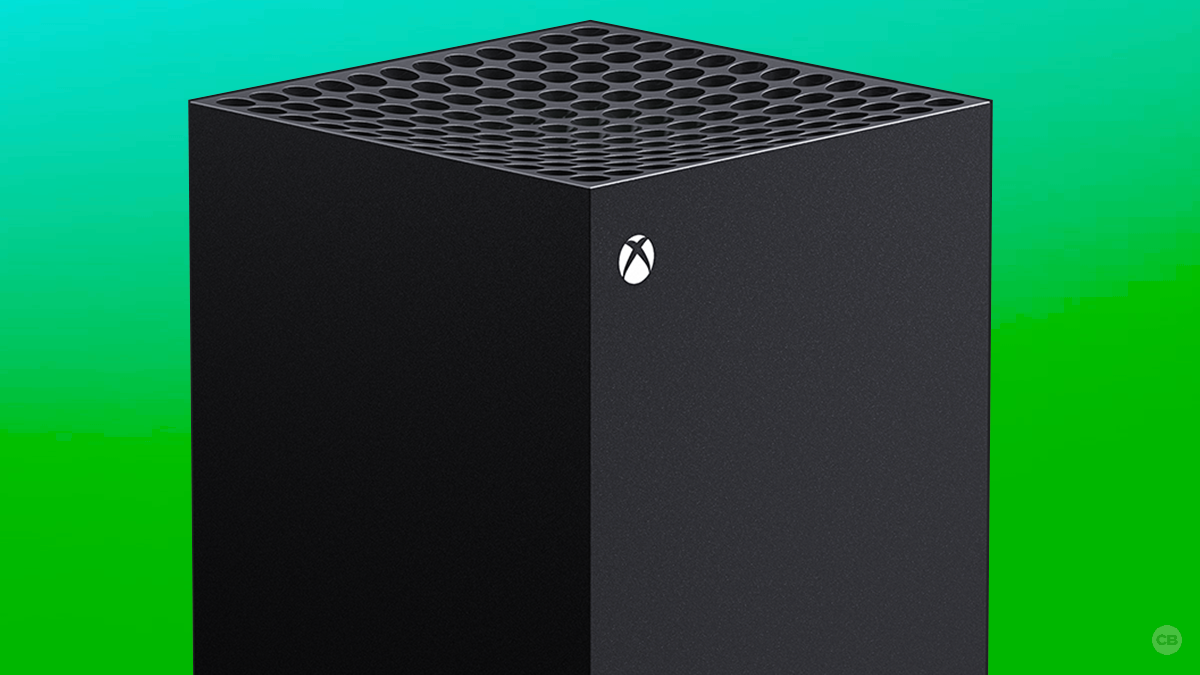

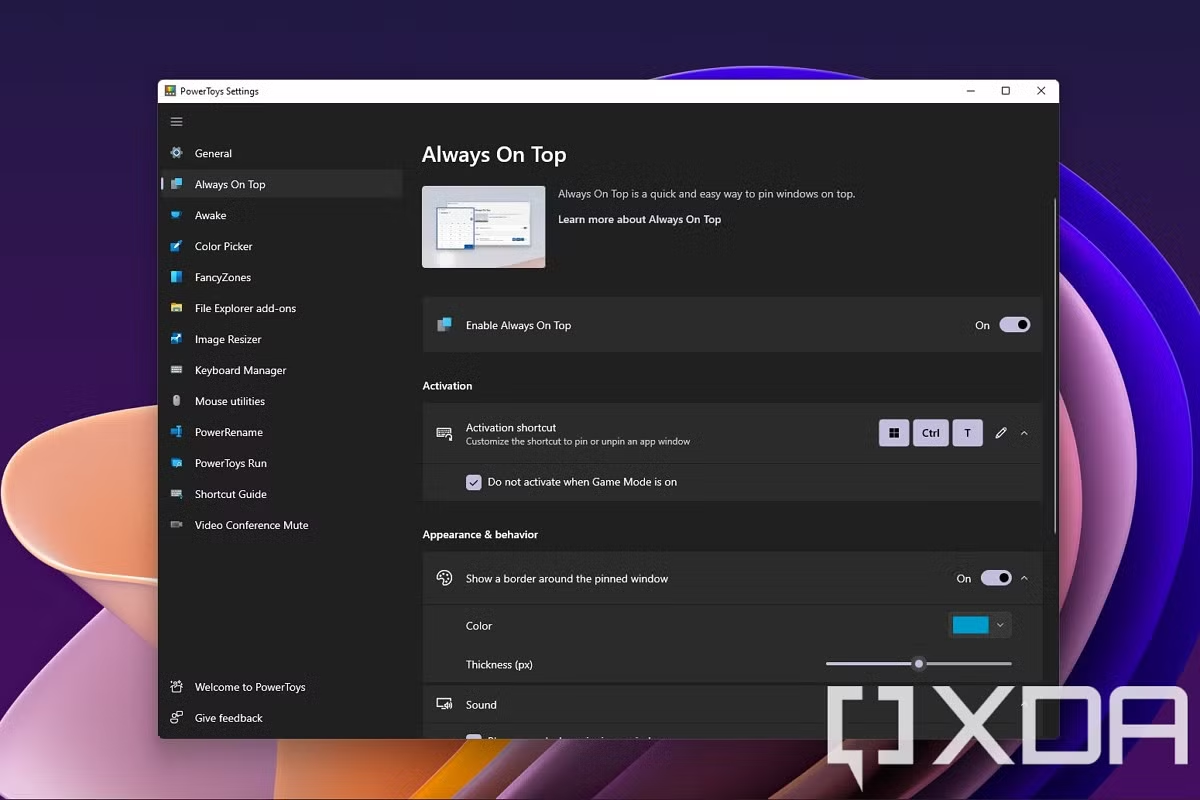
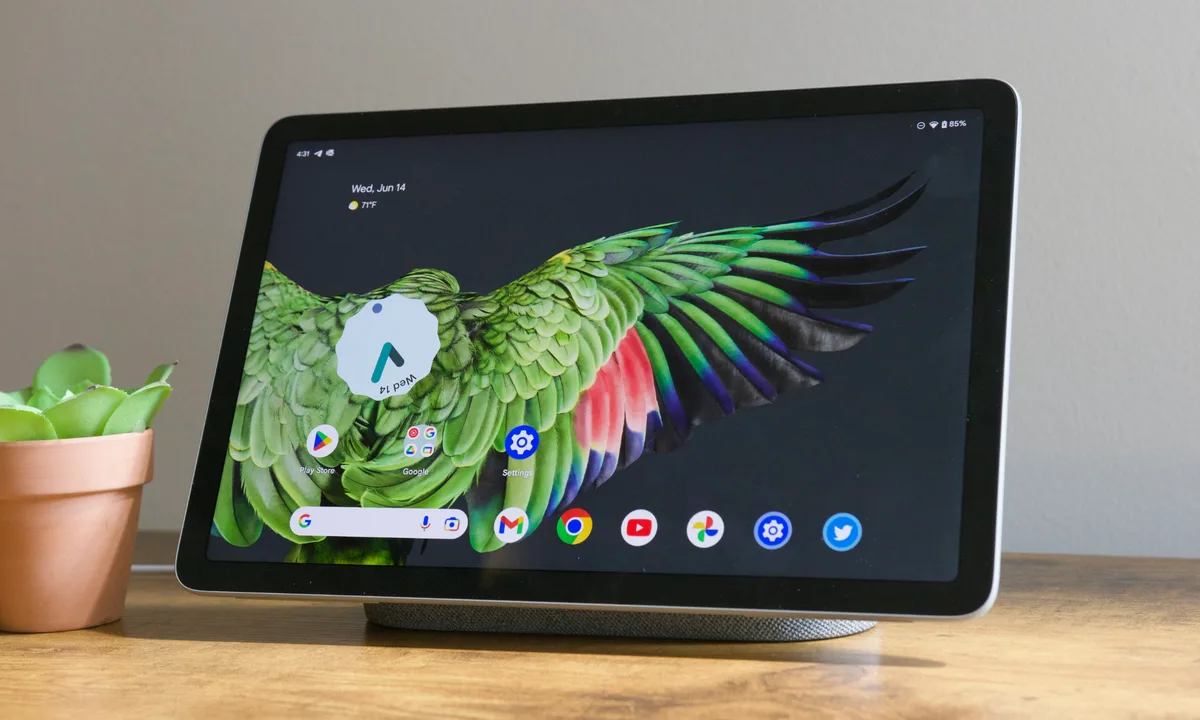

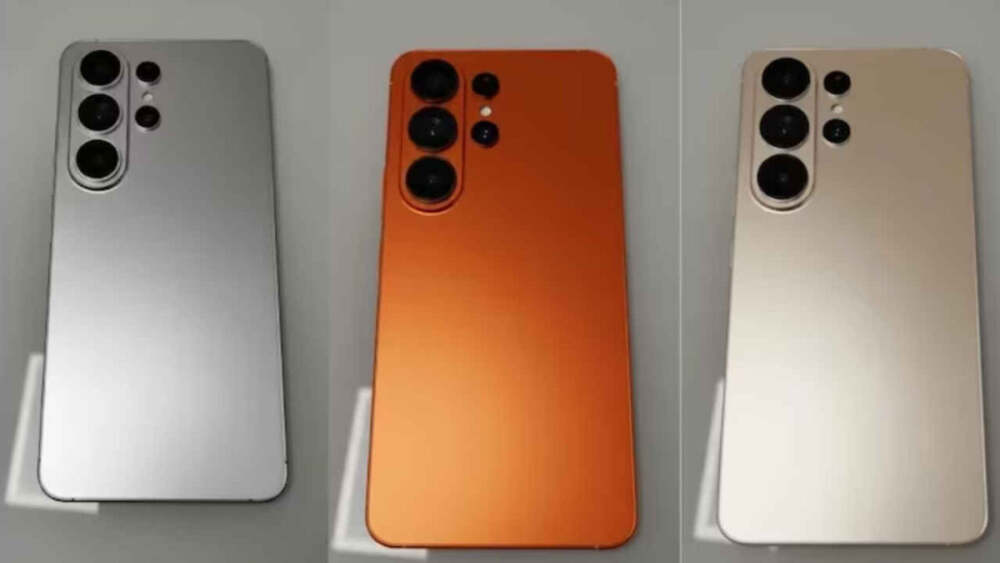

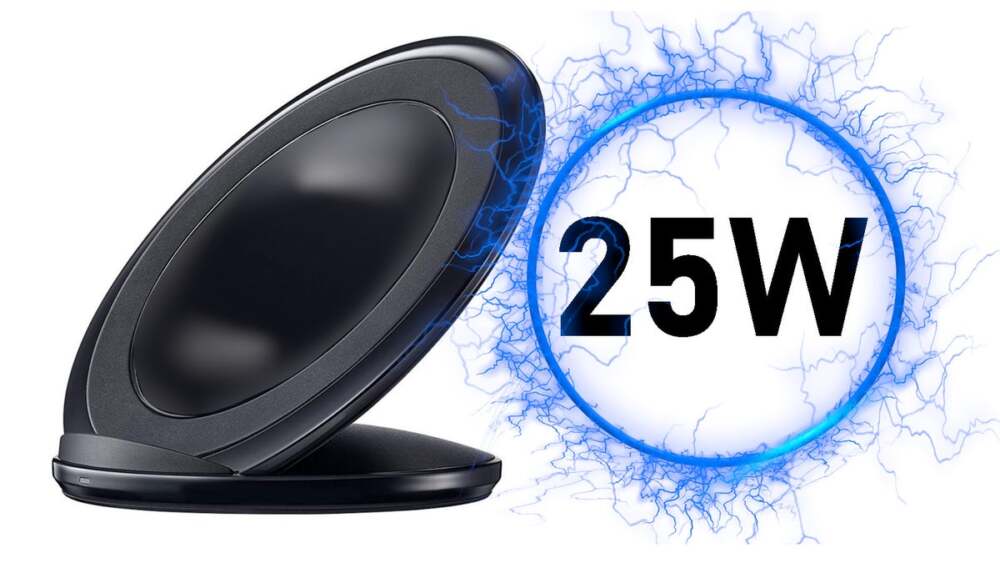
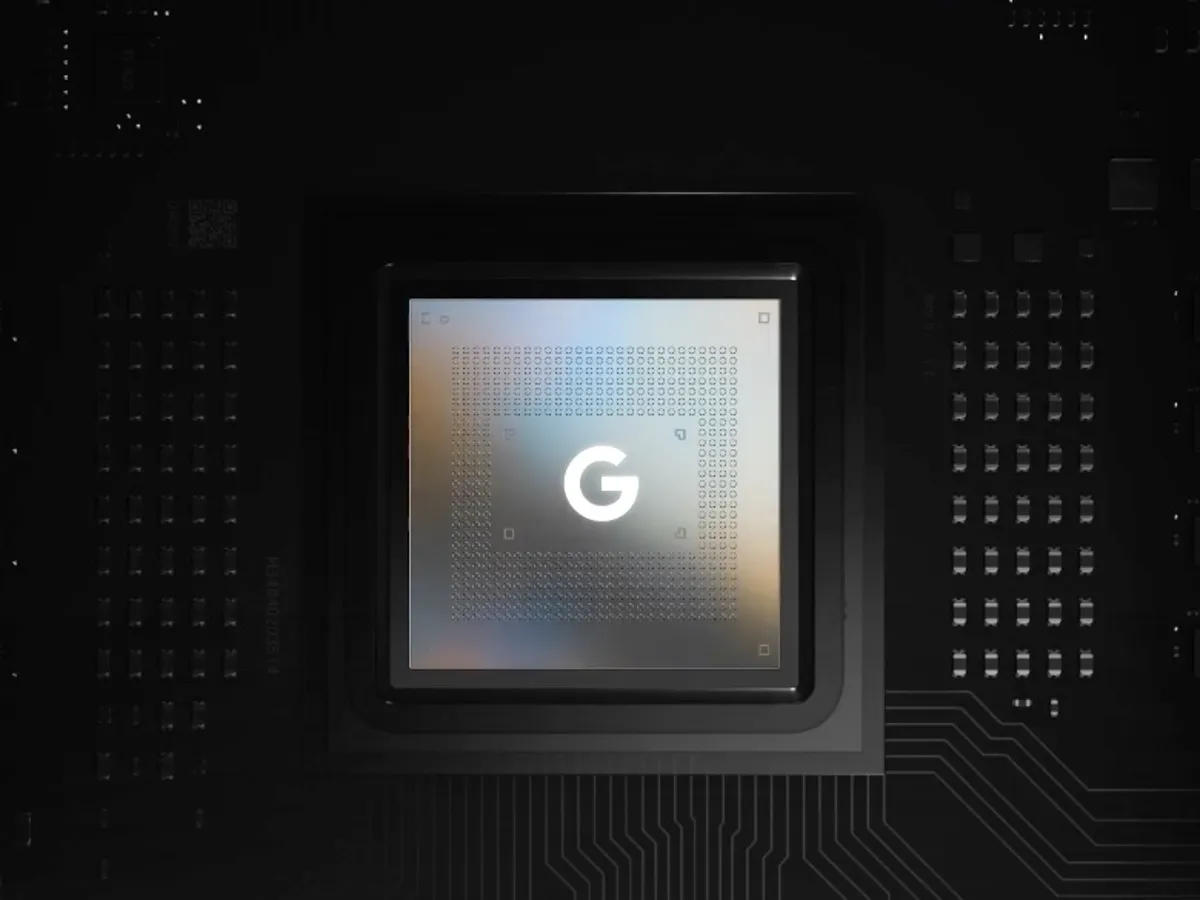
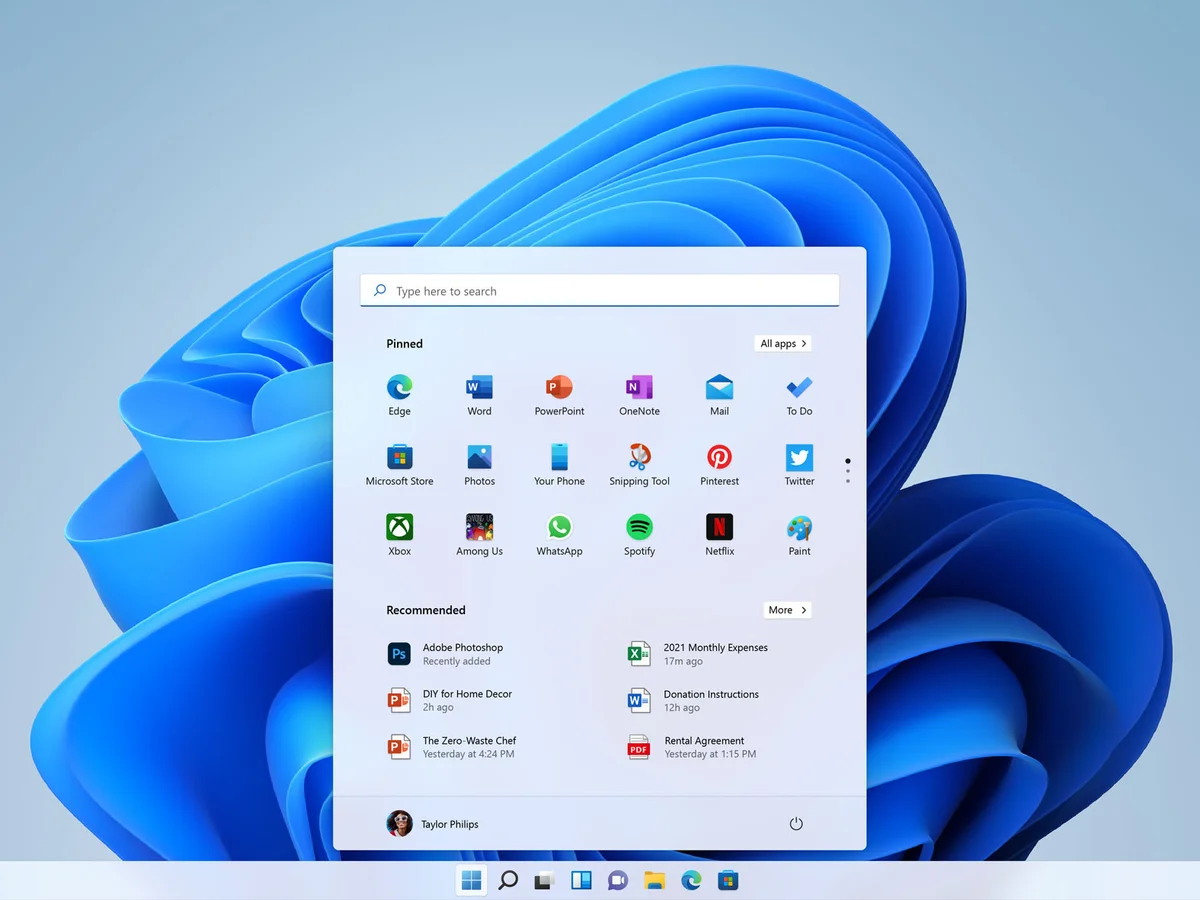
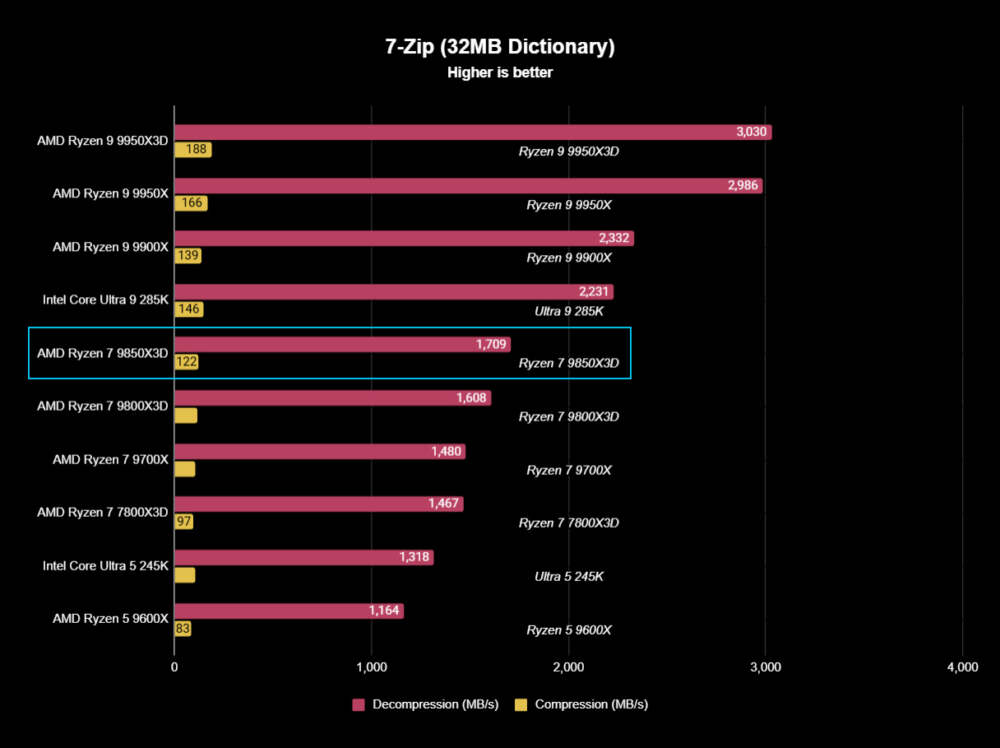




Leave a Reply